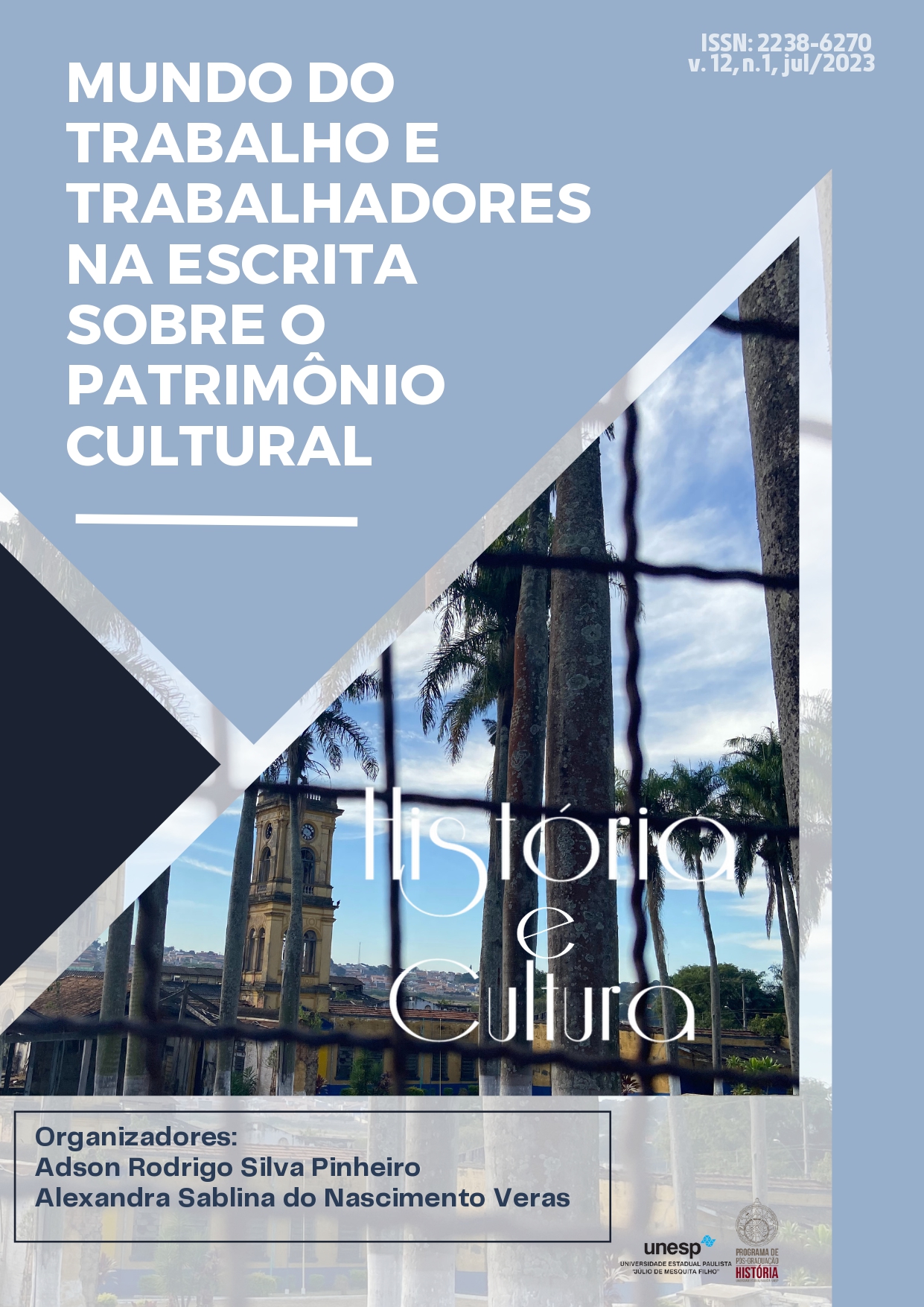THE COMPULSORY BENEFICENCE IN ARTISTIC PERFORMANCES IN THE LATE 19TH AND EARLY 20TH CENTURIES
DOI:
https://doi.org/10.18223/hiscult.v12i1.3763Abstract
This study investigates and seeks to conceptualize the phenomenon identified as compulsory beneficence, in which professional itinerant artistic groups were obliged to perform for the benefit of local cultural entities and political groups related to them. Under these conditions, if artistic groups refused, they could be boycotted by the authorities, which resulted in the absence of the public in the shows. This phenomenon may have occurred in different cities and regions in Brazil, but the study is based on the experience of the community of Feira de Santana, Bahia, between 1888 and 1914. The research is based on journals produced in the city in the indicated period and seeks to develop the theoretical instrument that facilitates the identification of such a phenomenon in other locations and regions
Downloads
Published
Issue
Section
License
Os(as) autores(as) são os detentores dos direitos autorais dos artigos encaminhados à Revista História e Cultura e fica autorizado ao periódico a publicação do referido manuscrito. O trabalho permanece licenciado sob a Licença Creative Commons Attribution CC BY 4.0, a qual permite o compartilhamento do material desde que a autoria seja devidamente atribuída e referenciada.

